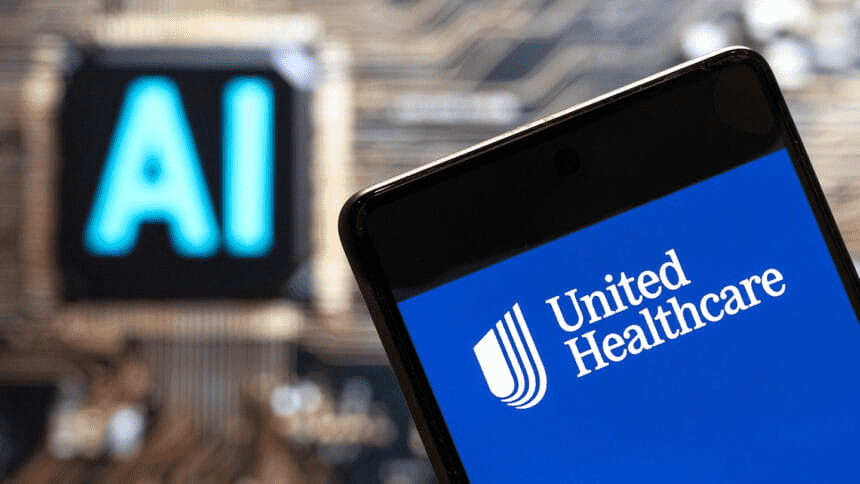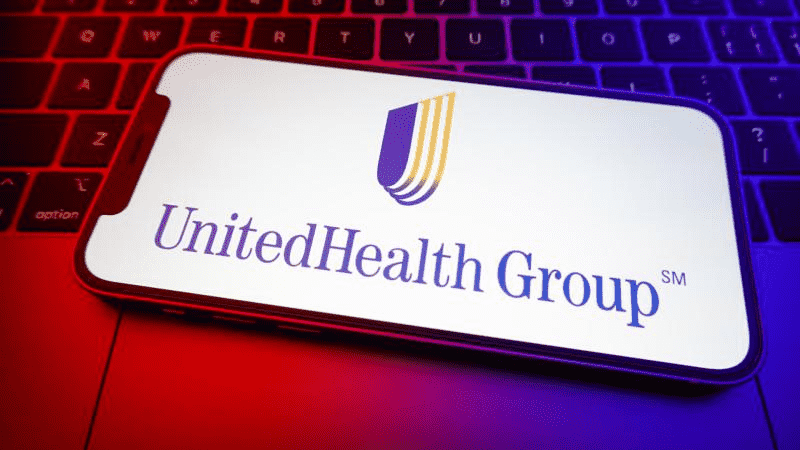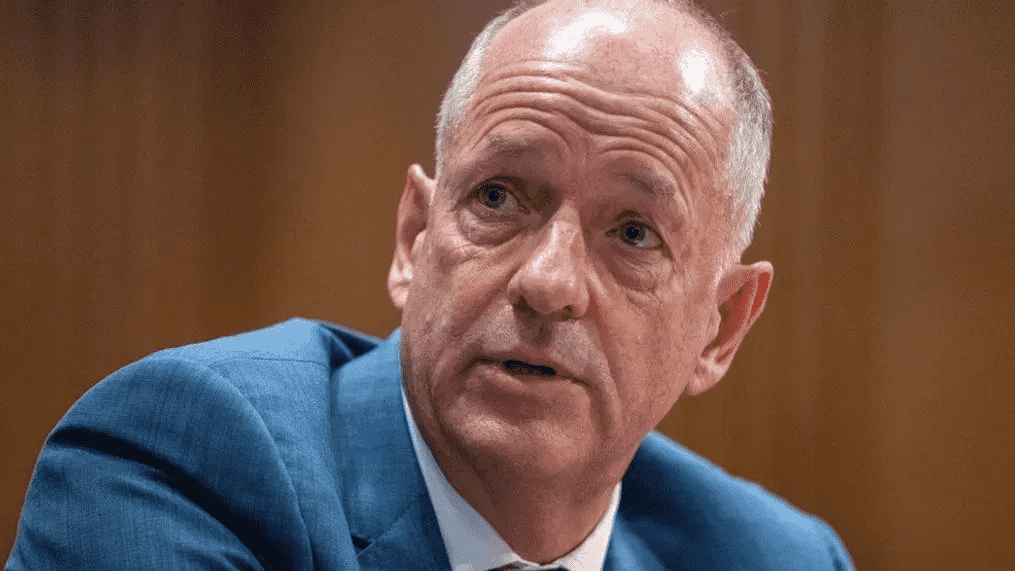UnitedHealth Now Has 1,000 AI Use Cases, Including in Claims

The AI Revolution in Healthcare — and the Controversy Around It
UnitedHealth Group, one of America’s largest health insurers, recently announced it now has 1,000 active artificial intelligence (AI) tools in use across its operations. From automating claims processing to helping doctors diagnose patients faster, these AI systems aim to cut costs and improve care. But as the company faces lawsuits and public backlash over its billing practices, critics are asking: Is AI making healthcare more efficient — or just more unfair?
com.mobile.uhcHow UnitedHealth Is Using AI

UnitedHealth’s AI empire spans three main areas:
- Claims Processing:
- Auto-adjudication: 90% of claims are automatically approved using traditional software (no AI involved). For the remaining 10%, AI scans documents to fill in missing info (like employer insurance policies) before routing claims to humans for final approval.
- Denial defense: AI does not reject claims outright, but it flags suspicious activity for human review — a move that’s sparked lawsuits alleging biased decision-making.
- Customer Service:
- A chatbot powered by AI helps users find doctors or pharmacies, handling 18 million searches in Q1 2025 alone. Example: Type “stomach pain,” and it suggests gastroenterologists nearby.
- Clinical Support:
- Doctors at Optum (UnitedHealth’s healthcare division) use AI to transcribe patient visits and flag undiagnosed conditions. Early tests show clinicians are twice as effective at catching issues like diabetes or heart disease.
com.mobile.uhcThe Dark Side of AI in Healthcare

While AI promises efficiency, it’s also fueling controversy:
- Legal Trouble:
- A 2023 class-action lawsuit accused UnitedHealth of using a flawed AI algorithm to deny claims. A federal judge allowed the case to proceed, raising questions about bias in automated systems.
- Critics argue AI lacks transparency: How does a machine decide what’s a legitimate claim?
- Public Outrage:
- The December 2024 murder of a UnitedHealth executive (linked to anger over insurance denials) sparked protests, with chants like “AI is not a doctor!”
- The DOJ is investigating whether UnitedHealth manipulated diagnoses to inflate Medicare payments.
Why the Hype — and Fear?
- Pros:
- Cost savings: Automating claims saves time and reduces errors.
- Accessibility: Chatbots and telehealth tools make care easier for rural or underserved communities.
- Cons:
- Bias risks: AI trained on historical data may replicate racial or socioeconomic disparities.
- Job cuts: Could AI replace human claims adjusters or even doctors?
com.mobile.uhcWhat Experts Are Saying

- UnitedHealth’s CEO:
“AI is a tool, not a replacement for human judgment,” says Sandeep Dadlani. “We review every AI use case for fairness and bias.”
- Industry Analyst Mandi Bishop (Gartner):
“Insurers are moving slowly with AI because lives are at stake. Mistakes here aren’t just bad PR — they’re tragic.”
- Patients:
Surveys show mixed feelings: 60% welcome AI chatbots for quick answers, but 75% distrust AI to make critical medical decisions.
The Future of AI in Healthcare
UnitedHealth plans to expand its AI tools to other hospitals and clinics — but with caution. Dadlani emphasizes:
“Our goal is to save lives, not just dollars. If AI can’t pass our ethics tests, it stays in the lab.”
Meanwhile, lawmakers are pushing for stricter oversight. A proposed bill would require insurers to explain AI decisions to patients — a move that could reshape the future of healthcare technology.
com.mobile.uhcThe Bottom Line: AI in healthcare is here to stay, but its success hinges on balancing innovation with accountability. As UnitedHealth’s 1,000+ use cases show, the benefits are real — but so are the risks. Only time will tell if Silicon Valley’s algorithms can heal America’s broken healthcare system… or make it sicker.




